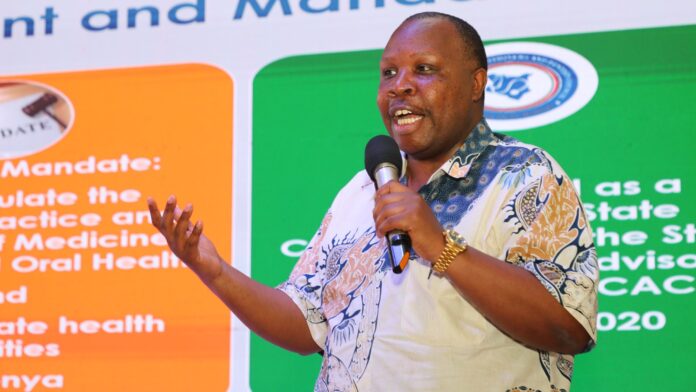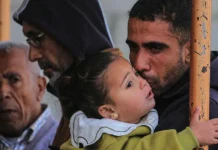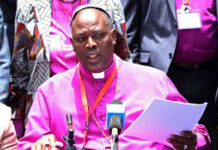By James Kisoo ,
In a notice issued the KMPDC urged hospitals, mortuaries and funeral homes to make payment plans or alternative arrangements with the families of deceased persons for settling outstanding bills, rather than detaining bodies.
In issuing the advisory, the KMPDC reiterated that holding the bodies of deceased persons as collateral is illegal, even though health facilities are entitled to pursue payment for services rendered.
KMPDC cited Section 137 of the Penal Code, which makes it a criminal offence to hinder the burial of a deceased person without lawful authority
“While health facilities are entitled to pursue payment for services rendered, the law does not permit them to detain a deceased person’s body as collateral for unpaid bills. Such actions breach constitutional rights and amount to a criminal offence,” KMPDC noted.
“Hospitals and mortuaries/funeral homes are therefore advised to engage the families of deceased persons in payment plans or other alternative arrangements for settling outstanding bills, rather than detaining bodies,” it added.
The notice came a month after a court ruling where the High Court declared the detention of dead bodies over unpaid medical bills unlawful.
In the ruling, Justice Nixon Sifuna noted that the practice was unlawful, unconstitutional, and a violation of human dignity. He made the ruling in reference to a case where a top private hospital in Nairobi was ordered to release the body of a woman who had been detained for over two months over a Ksh3.3 million bill.
“The detention of bodies by mortuaries and hospitals for debt claims traumatises the bereaved families and disrespects the departed. It has been employed to blackmail, embarrass, traumatise, and coerce grieving families into submitting to monetary demands by hospitals,” he noted.
In Sifuna’s notes, he stated that holding dead bodies as collateral for debt violated both dignity and morality. Further, Sifuna noted that established legal principles emphasised that there is no property in a dead body.
The ruling, seen as a landmark one, is expected to have far-reaching implications for hospital practices across Kenya, setting a binding precedent that prioritises dignity in death and the rights of bereaved families over financial claims.
Even so, KMPDC called upon affected families to agree with hospitals on bill payment plans to enable the timely release of their loved ones for burial.



















